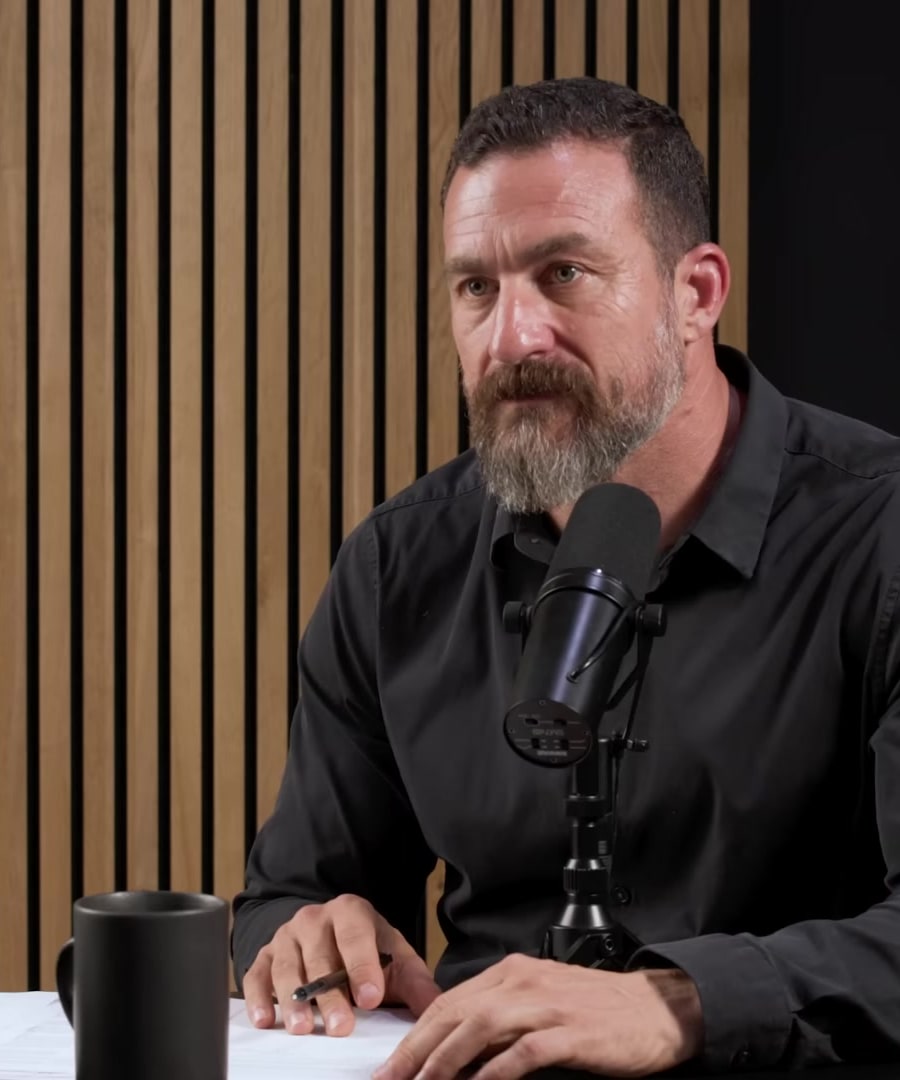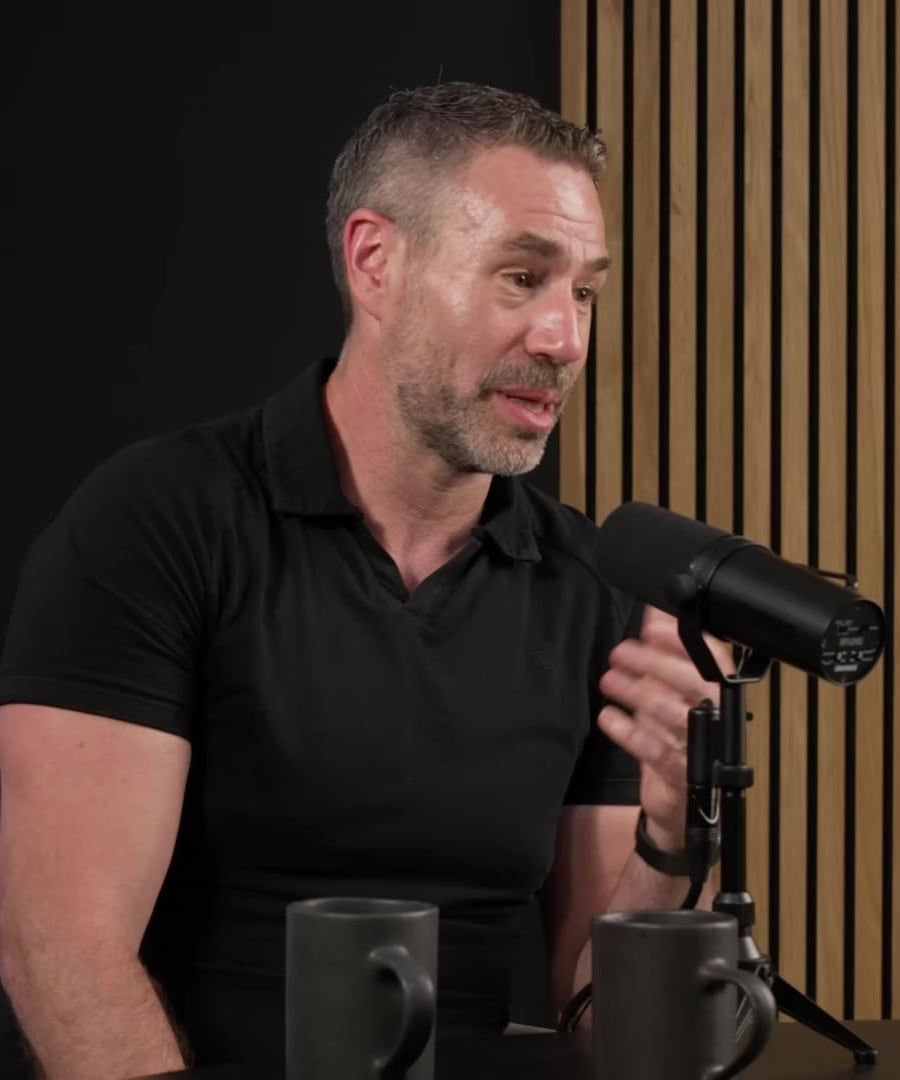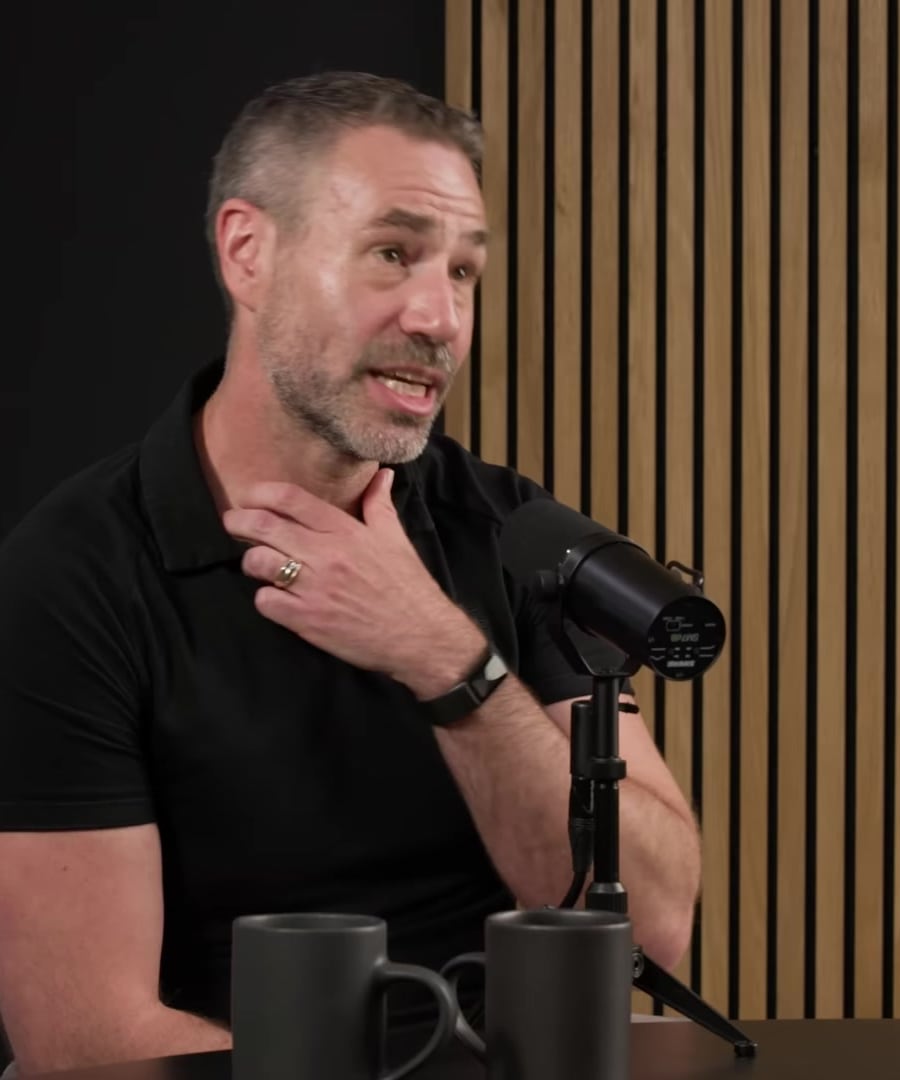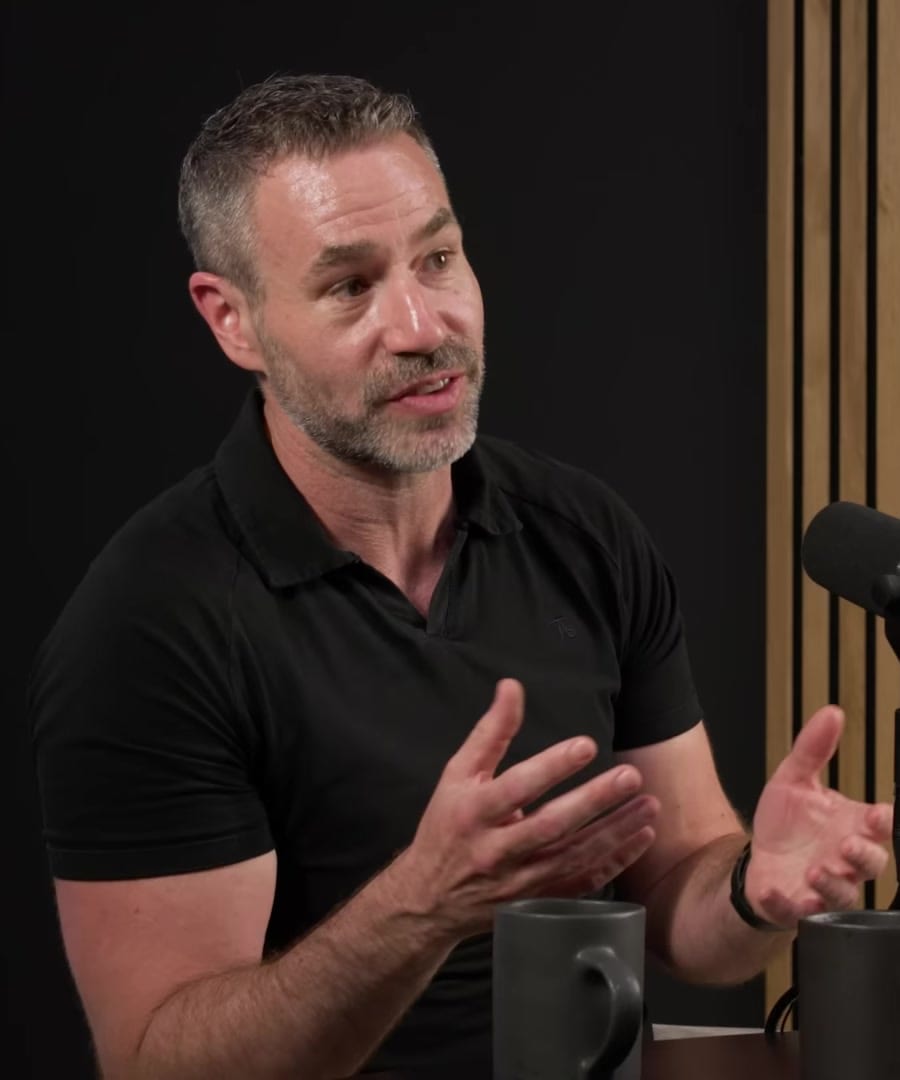Weed and cancer
Sources:
Discussion on the relationship between cannabis (weed) and cancer covered various aspects on the .
-
Potential Benefits in Cancer Treatment:
- Cannabis can reduce pain and nausea for chemotherapy patients. It is also used for conditions like glaucoma due to its ability to lower intraocular pressure and protect neuron health 1.
-
Lung Cancer Risk:
- According to , while smoking cannabis has risks for lung damage, the associations with lung cancer don't hold as strongly as they do with cigarette smoking. This could be due to differences in frequency and amount, as well as possible anti-proliferative effects in certain studies 2.
-
General Health Risks:
-
Comparisons:
- In contrast, regular alcohol consumption has been strongly linked to various cancers, including breast cancer, due to its effects on cell cycle regulation and gene expression 4.
These insights highlight both potential medical applications and significant health risks associated with cannabis use. For more in-depth understanding, refer to the related episodes and .
RELATED QUESTIONS-
How does cannabis compare to alcohol in terms of cancer risk?
Sources:
When comparing cannabis and alcohol in terms of cancer risk, these are the key distinctions highlighted by on the :
Alcohol
-
- Alcohol consumption significantly increases cancer risk, particularly breast cancer. This is due to alcohol-induced changes in DNA methylation and gene expression 1.
- The relationship between alcohol and cancer has been well-documented since the 1980s, indicating that even low to moderate amounts can be problematic. Epidemiologists often compare alcohol to smoking in terms of cancer risk 2.
Cannabis
-
- Smoking cannabis does present risks for lung damage, but the evidence linking it directly to lung cancer isn’t as strong as it is for smoking cigarettes. This could be due to less frequent use or potentially anti-proliferative effects on tumors being hypothesized but not confirmed 3.
General Considerations
- People often use cannabis as an alternative to alcohol, believing it to be less harmful. However, while cannabis might lack the same strong associations with certain cancers as alcohol, it still carries other health risks 4.
In summary, alcohol has a more clearly established and direct relationship with increased cancer risk, particularly for breast cancer, than cannabis does. Cannabis, while not free of risks, doesn't exhibit as strong an association with cancer compared to alcohol according to the available evidence.
RELATED QUESTIONS-
What about eatable cannabis?
Sources:
covers several key points on the risks associated with edible cannabis compared to other forms of cannabis consumption and alcohol:
-
Health Risks of Edible Cannabis:
- While focusing on edible cannabis, highlights its medical benefits, such as pain reduction in chemotherapy and lowering intraocular pressure in glaucoma. However, he notes that cannabis in any form, including edibles, can be problematic for the developing brain, particularly during pregnancy and adolescence 1.
-
Comparison with Smoking Cannabis:
- Smoking cannabis carries risks for lung damage, but evidence linking it directly to lung cancer is weaker compared to cigarette smoking. The lower frequency of use and potential anti-proliferative tumor effects are hypothesized reasons for this difference 2.
-
Comparison with Alcohol:
- Alcohol significantly increases cancer risk, especially breast cancer, due to changes in DNA methylation and gene expression. This risk is well-documented and even low to moderate alcohol consumption can be problematic 3.
To summarize, while edible cannabis might avoid some of the lung-related risks associated with smoking, it still poses significant health concerns, particularly for developing brains. Alcohol, on the other hand, has a more established and direct link to increased cancer risk.
RELATED QUESTIONS-
Can you elaborate more on the health risks of edibles?
Sources:
Consuming edible cannabis presents several distinct health risks as highlighted by and his guest, :
-
Unintentional Consumption by Children:
- Edibles often look like regular sweets, making them easy for children to accidentally consume. Such incidents have led to increased emergency room visits post-legalization. There are serious legal and health ramifications for parents if their child ingests THC-containing edibles and ends up intoxicated 1 2.
-
Challenges with Dosing:
- Unlike smoking, where the effects of cannabis are felt almost immediately, edibles can take hours to show their full impact. This delayed effect makes it easy to overconsume, leading to unexpected and potentially severe intoxication 1 3. A cautious "low and slow" approach is recommended for those using edibles, consuming small amounts and waiting to assess the effects 4.
-
Impact on the Developing Brain:
- strongly discourages the use of cannabis, including edibles, during pregnancy and breastfeeding. Cannabis can cross the blood-brain barrier and the placental barrier, potentially affecting fetal and adolescent brain development. This can lead to psychological issues such as anxiety, depression, and potential long-term psychiatric disorders 5 6.
-
Cardiovascular Risks:
- Cannabis use, including edibles, impacts cardiovascular health. THC causes vasodilation which can lead to postural hypotension (a drop in blood pressure upon standing). This effect can exacerbate cardiovascular challenges, causing dizziness and increasing the risk of cardiovascular events such as strokes 3.
-
Overall Health:
- Though smoking cannabis affects lung and endothelial cell function significantly, edibles bypass this but still pose other health risks. Careful dosing and awareness are critical to mitigate adverse effects 7.
In summary, while edibles avoid some lung-related issues associated with smoking, they present significant challenges with dosing, risks of accidental ingestion by children, and potential long-term health effects. Thus, caution and proper education about their use are highly encouraged.
RELATED QUESTIONS-
Cannabis and cancer
Sources:
The use of cannabis in the context of cancer has shown both potential benefits and risks, as explained by :
Potential Benefits:
-
Pain Reduction: Cannabis has well-documented effects in reducing pain, particularly for those undergoing chemotherapy. It may help manage chronic pain associated with cancer treatments 1.
-
Nausea Control: The anti-nausea properties of cannabis are beneficial for patients experiencing nausea due to chemotherapy. This can help improve the quality of life for individuals undergoing such aggressive treatments 1.
-
Appetite Stimulation: Cannabis can boost appetite, which is particularly useful for cancer patients who often struggle with maintaining a healthy appetite during treatment 1.
Potential Risks:
-
Impact on Lung Health: Although cannabis smoke contains fewer carcinogens compared to cigarette smoke, regular combustion can still harm lung health. Alternatives like edibles avoid this issue, but dosing can be challenging 2.
-
Cardiovascular Concerns: THC, a key compound in cannabis, has complex effects on cardiovascular health, including the risk of strokes and cardiac events. This risk exists regardless of the method of consumption, whether smoked, vaped, or ingested as edibles 3.
-
Psychiatric Effects: Long-term use of cannabis has been linked to the development of anxiety, depression, and other psychiatric disorders. This is especially concerning for younger individuals and those with developing brains 1.
In summary, while cannabis can provide relief from specific symptoms in cancer patients, it carries significant risks, particularly with prolonged use. Hence, healthcare providers should carefully consider these factors when recommending cannabis as part of a treatment regimen.
RELATED QUESTIONS-
Weed and cancer
- RELATED QUESTIONS
How does cannabis compare to alcohol in terms of cancer risk?
- RELATED QUESTIONS
What about eatable cannabis?
- RELATED QUESTIONS
Can you elaborate more on the health risks of edibles?
- RELATED QUESTIONS
Cannabis and cancer
- RELATED QUESTIONS











